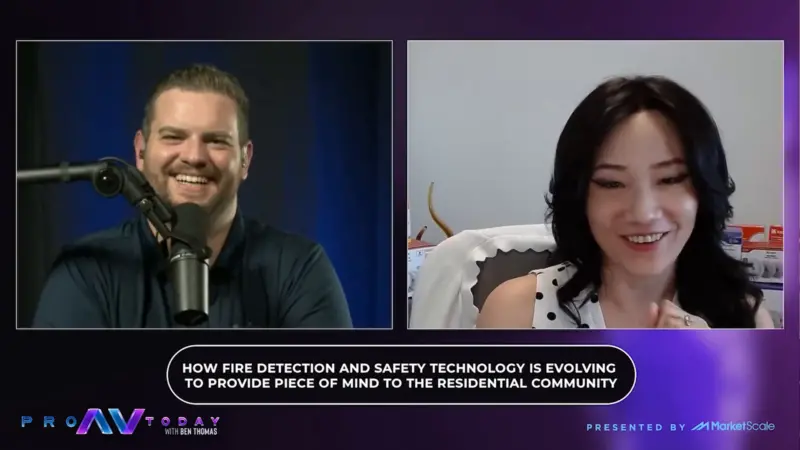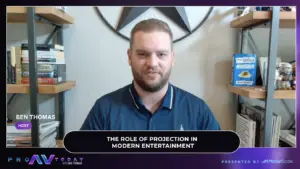A Conversation with Jon M. Marinas on Environmental Compliance and More
Titan Cloud Software has decades of experience in the environmental sector, helping clients stay compliant, ensure accurate and swift leak detection, manage fuel release and ATGs, and more.
That experience is bolstered by Titan Cloud Senior VP of Compliance Services and President of JMM Global Jon M. Marinas, who has spent his most of his career navigating environmental compliance within the oil industry.
To get an idea of how you can best leverage Titan Cloud’s solutions to manage every aspect of your environmental compliance and more, check out our Q&A with Marinas below.
How difficult is it for companies in the fuel industry to keep up with the current state of environmental compliance?
JM: Most companies today are usually bandwidth-constrained when it comes to keeping up with environmental compliance matters, especially in our niche industry. We find that clients have either a hybrid solution where they’re utilizing some sort of product, service, or software component, but we also find that it becomes difficult to manage.
We’ve been able to augment that by utilizing a blend of software and services, but one of the big things is that operators themselves have to be educated to understand the use of the system, the data that goes into it, and how it will benefit them.
Do you think professionals in the industry are trained or educated thoroughly enough, or has there been a dearth in that area?
JM: Over the years, there’s been a segment of the market that is well educated and understands how to navigate the complexities of the regulations. There are tons of workshops out there, and each of these workshops has its own specialty. It just depends on the accessibility to the workshop.
Usually, most people who manage compliance have a compliance background or some sort of operational background, but the biggest issue is that most of them have portfolios across the country, which have state-by-state regulations.
It’s hard for an operator to keep abreast of changing regulations, so getting educated regarding specific rules and regulations is very difficult. Software helps you stay organized, but if you don’t utilize it correctly, it could obviously be to your detriment.
Through your years of experience, how has the difficulty in keeping up with environmental compliance changed? Are software tools making it easier?
JM: Well, it’s definitely difficult to keep up with the rules and regulations, especially if it changes without your notice, right? So being on a publication distribution list helps quite a bit, but environmental software can be a main catalyst for notifications.
As we utilize tools like Titan’s platform, it is much easier to keep up with rules and regulations, especially if they’re populated in certain events and activities that are managed correctly.
We do outreach to our clients and customers. We give them educational sessions; we give them the ability to stay up to date with specific rules or regulations. We’ve also been instrumental in sitting on panels with our various stakeholders, which helps to ensure significant operational compliance.
What are some of the common mistakes that fuel companies make in keeping up with environmental compliance?
JM: Most of the common mistakes, especially if you’re using a data system, come in terms of entering the right data or thinking that you have all the right tools in your arsenal. Most of the time, you don’t.
You can think about almost everything that you need to comply, but there’s usually a curveball thrown at you. Regulators will go out to a facility, and they’ll do an inspection, and it’ll be something that you thought you had, but you don’t have it.
Most of the time, it’s usually an on-site matter, whether it’s paperwork, or the right permit hasn’t been filed, or you don’t have a set of test results. That becomes more problematic for the operator. So, utilizing a data system helps keep you proactive instead of reactive.
What does Titan do to stay ahead of the curve regarding these looming changes? What is Titan’s ability to forecast them?
JM: Titan does a very good job of letting its customers know when there’s a rule or regulation change.
As their service arm and the environmental compliance experts, we have joined panels. We’re usually, first and foremost, in front of any rule or regulation change, and that helps keep our clients abreast of anything that would be new or anything that would change in a rule or regulation.
Usually, our rules change about every five to six years, but it takes a good three to four years to implement, and then each of the states ends up implementing a little bit of a minor change from a federal regulation. I sit on a several panels throughout the year, and I’m part of various fuel groups that help our clients and customers stay proactive instead of reactive.
What are the stakes surrounding keeping up with environmental compliance?
JM: Fines can get hefty at times. It depends on what region of the country you’re in. Fines and violations can pile up, and that becomes more the issue for an operator.
Moreover, it’s not just the fine, but the material impact to the environment and brand image. As most marketers out there know, if you are non-compliant, or if you have a leak or release, that is much more about brand image as an issue than it would be financial, right?
Clients and customers of ours are very risk averse. They utilize our expertise for a reason, and it is to stay proactive. By utilizing our tool set, the operator can avoid damage to their brand.
Are there solutions to problems that operators aren’t considering, and what other ripple effects could there be as a result of not adding a solution like Titan’s?
JM: It’s always good to do an assessment – a gap analysis of what you think you know and how you think you’re complying.
A small amount of critical information can go a long way, and our team of environmental experts are very capable of reviewing the gaps and ensuring that you’re in compliance.
To learn more about Titan Cloud’s environmental compliance capabilities, visit titancloud.com/environmental/.







